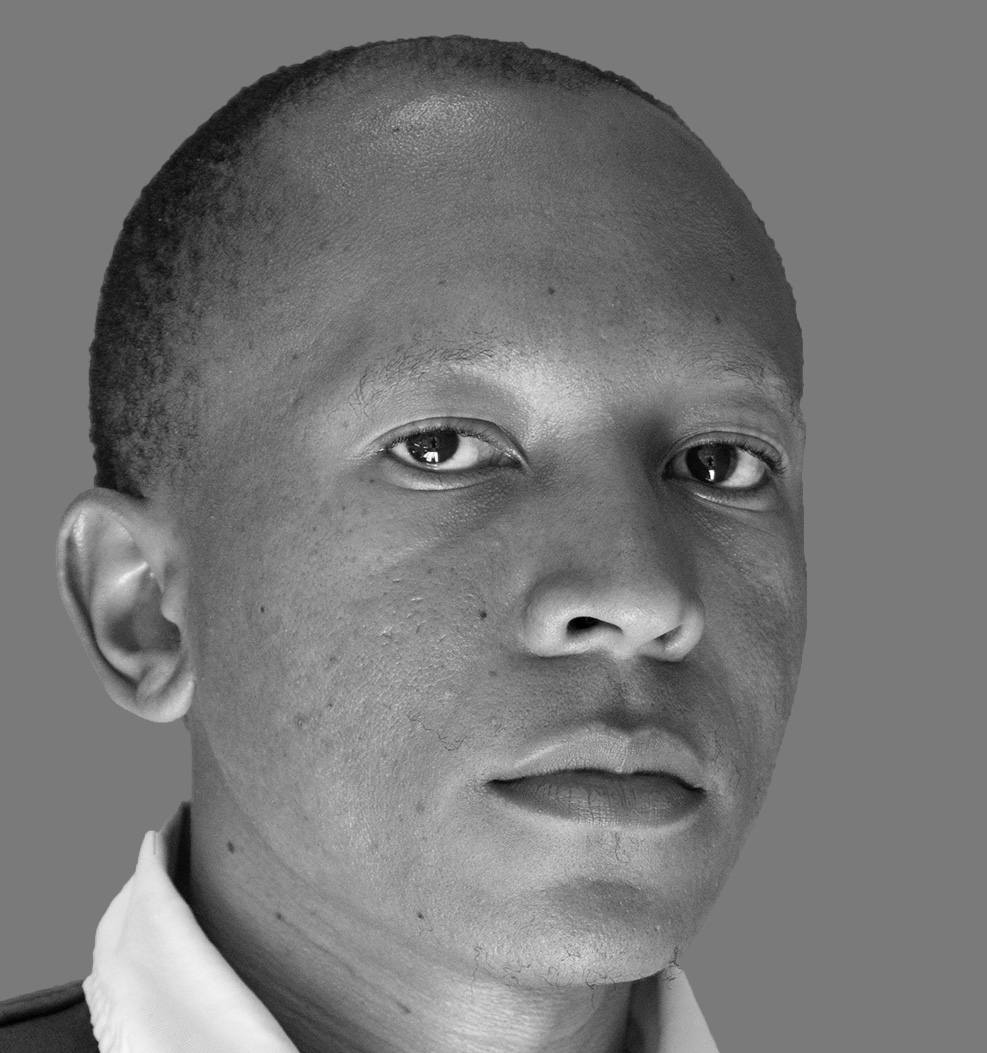Releasing their “people’s guide” to their State of City Finances report, the SA Cities Network said the key focus was the impact on consumers of increased electricity and water tariffs, especially in the context of an economic environment of all-round rising costs.
Key findings on the challenges facing citizens are:
- Most metros have regressive tariff structures, as most lower-income households incomes pay a greater share of their income towards tariffs than those with higher incomes; and
- The cost of all service packages increased in all cities, with the exception of Nelson Mandela Bay and Mangaung. Cape Town increased the cost of all its service packages at well above the average growth for the nine cities (this increase was driven by higher charges for water combined with the abolition of the free 6kl for non-indigent households.
Key findings on challenges facing the metros are:
- The gap between city finance (core revenue model) and spatial transformation (linked to rapid urbanisation) needs to be bridged to ensure that the desired spatial objectives are built into the day-to-day running of cities;
- Metros have a funding gap of between 10% and 38% of their capital expenditure, and unless this funding gap is closed, metros will not be able to meet their core mandates over the medium to long term;
- Cities need to be sustainably financed to meet the National Development Plan objectives and the sustainable development goals; and
- Cities can and should take steps to close the gap but need policy support at a national level to develop and implement alternative revenue models.
According to the report, metros have three primary means of sourcing income: revenue they generate independently through sources like taxes and services provided; the local government equitable share, which is a share of national revenue allocated to municipalities to subsidise indigent households; and operational and capital grants from the national and provincial government.
Expenditure is broken into two parts: operating expenditure, ie money spent on services such as electricity and water and employee-related costs, and repair and maintenance of infrastructure.
Then there is capital expenditure, which goes to roads, water and sanitation, municipal buildings, and social housing.
This income/expenditure relationship is a delicate balance according to the report, but city revenues "appear to quite resilient, growing at an average annual rate of about 8%”.
Kelebogile Khunou of the Socio-economic Rights Institute of South Africa said that "where you live geographically affects your access to employment, as well as basic services".
She used as an example Siyanda informal settlement in Durban where residents were moved to a new development without being adequately consulted by those in governance. They were relocated to make way for a bridge.
Most of the residents cried foul because they were now further from their places of employment, and some chose to leave work because travelling there from their new homes was now a financial deficit, Khunou said.
Fred Kusambiza of Planact said that one of the NGO’s primary mandates is "linking previously marginalised citizens to economic opportunity" and that could only be achieved through "community participation in local governance".
He called for municipalities to "involve citizens, actually involve them," as opposed to seeming to involve them just to tick admin boxes.
He said municipalities should be more transparent in how they use their funds, as there is a tendency to misuse funds or offer sub-standard services, a case in point being "extended use of chemical toilets in informal settlements".
The report lists challenges that cities face in the immediate future:
- Electricity is both a major energy source and a central component of big-city finances. Therefore, the increase in uptake of renewable energy and changes in consumer demand for electricity affects not only city finances but also a city’s ability to cross-subsidise low-income residential customers;
- Cities need a new business model to stay relevant in the face of fast-changing customer demands for energy; and
- South Africa is one of the countries most affected by climate change, facing the climate risks of floods, drought and heat stress, resulting in economic losses, which are amplified in cities. Investing in adaptation and resilience can potentially reduce these losses by up to 80%.
Cities need assistance and guidance in accessing finance for such investments, the panel said. DM





